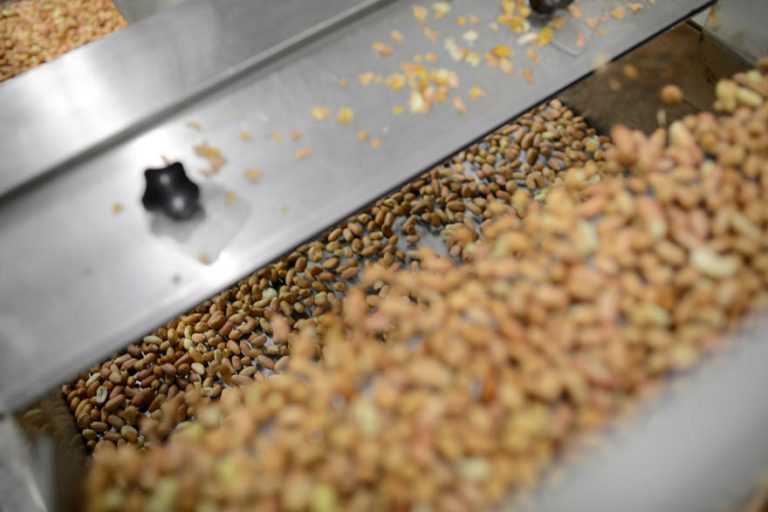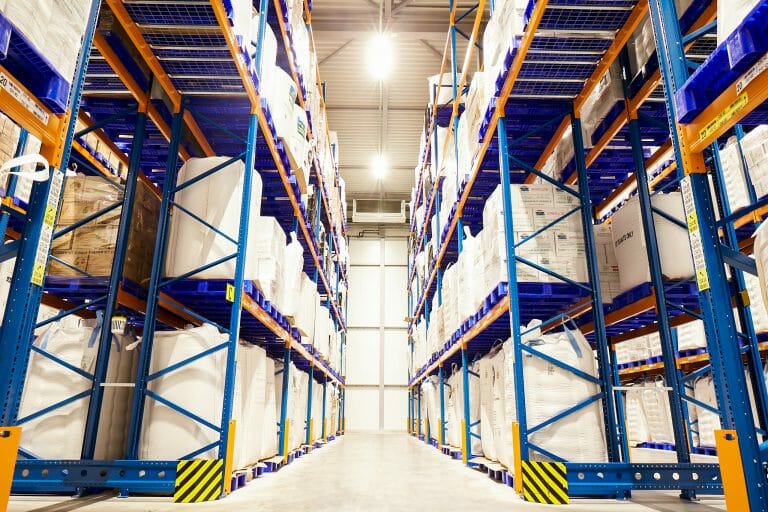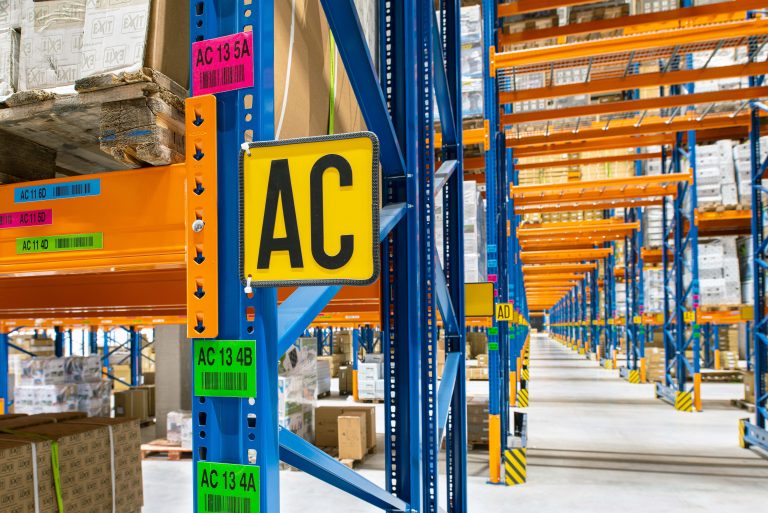Hardly any other area of logistics places such high demands on quality standards as food logistics. Whether storing or transporting foodstuffs, logistics service providers must have appropriate certificates for their services along the supply chain, which prove both the know-how and the quality of their logistics solutions.

Food from all over the world at any time: Efficient food logistics
Food of all kinds and origins is the standard in German supermarkets and discounters these days. Thus, when writing the shopping list, hardly anyone still thinks about whether bananas or coffee will be ready to hand when they go shopping. We simply assume that they will be. But behind this luxurious standard in Germany and, for the most part, in other European countries, lies a complex food logistics system. The biggest challenge in transporting and storing food is compliance with legal regulations. First and foremost: the Food Hygiene Regulation (EC Regulation 852/2004). All service providers along the supply chain must comply with this directive in order to guarantee the freshness and hygiene of the food. Logisticians are responsible for a large share of this.

Different requirements for the transport and storage of food
Basically, three types of food can be distinguished in logistics: Frozen, chilled and non-refrigerated food. In addition, of course, there is the status “packed” or “unpacked”. Depending on the goods, logistics service providers then have to handle the food differently. This must not only be efficient for the company and the customer, but above all hygienic. In-house inspections as well as external audits then serve to ensure hygiene regulations. Above these audits is a concept that companies in the food industry – and thus also in food logistics – generally apply.

Different requirements for the transport and storage of food
Basically, three types of food can be distinguished in logistics: Frozen, chilled and non-refrigerated food. In addition, of course, there is the status “packed” or “unpacked”. Depending on the goods, logistics service providers then have to handle the food differently. This must not only be efficient for the company and the customer, but above all hygienic. In-house inspections as well as external audits then serve to ensure hygiene regulations. Above these audits is a concept that companies in the food industry – and thus also in food logistics – generally apply.

Regular audits in food logistics
Audits are carried out by qualified auditors from independent and empowered certification bodies. These audits take place in two phases: announced and unannounced. The requirements are divided into the following groups:
- Corporate Responsibility
- Quality and product safety management system
- Resource management
- Service delivery
- Measurements, analyses
- Improvements
- Product protection
50 per cent of on-site audit time should be allocated to production and production-related areas. These include:
- Production areas, including receiving, storage and shipping areas.
- Good manufacturing practices: pest control, maintenance, hygiene, cleaning and disinfection activities
- Product development
- Laboratory
- On-site maintenance facilities
- Social and sanitary facilities
- Outdoor areas

Food logistics: Special warehouse services
Besides their transport, the storage of foodstuffs is an essential part of the logistics industry. Therefore, the described audits as well as other quality checks are particularly important in warehouse logistics. The main components in inspection include ventilation, dryness, cleanliness and permanent temperature checks. Service providers in food logistics must therefore come up with sophisticated solutions for both transport and storage. Appropriate certificates then prove the quality of these solutions. An important certificate in this context is the IFS Logistics certificate, which is issued by independent auditors.

IFS Logistics certificate as quality standard
M+F Spedition in Dorsten has been regularly renewing the IFS Logistics certificate at a higher level for many years. By obtaining the IFS Logistics award, M+F Spedition ensures that transparency and trust are created throughout the entire supply chain. This IFS standard examines all activities in the area of storage, distribution and transport as well as loading and unloading. The certificate applies to both packaged and unpackaged food, as well as to products that must be stored under controlled conditions (meat, bread, milk, etc.).

